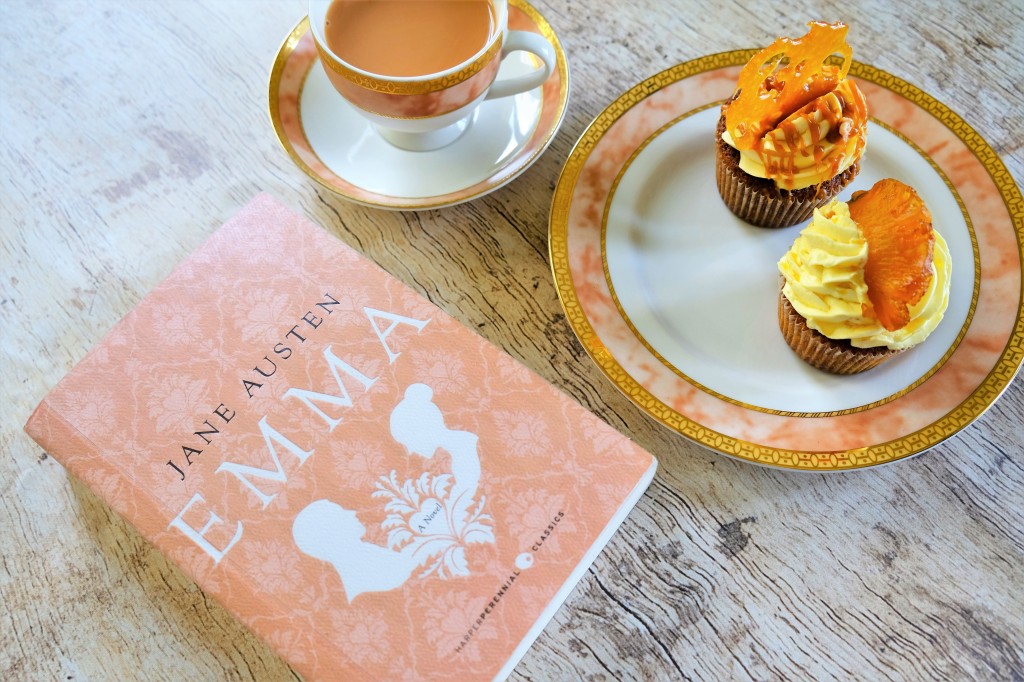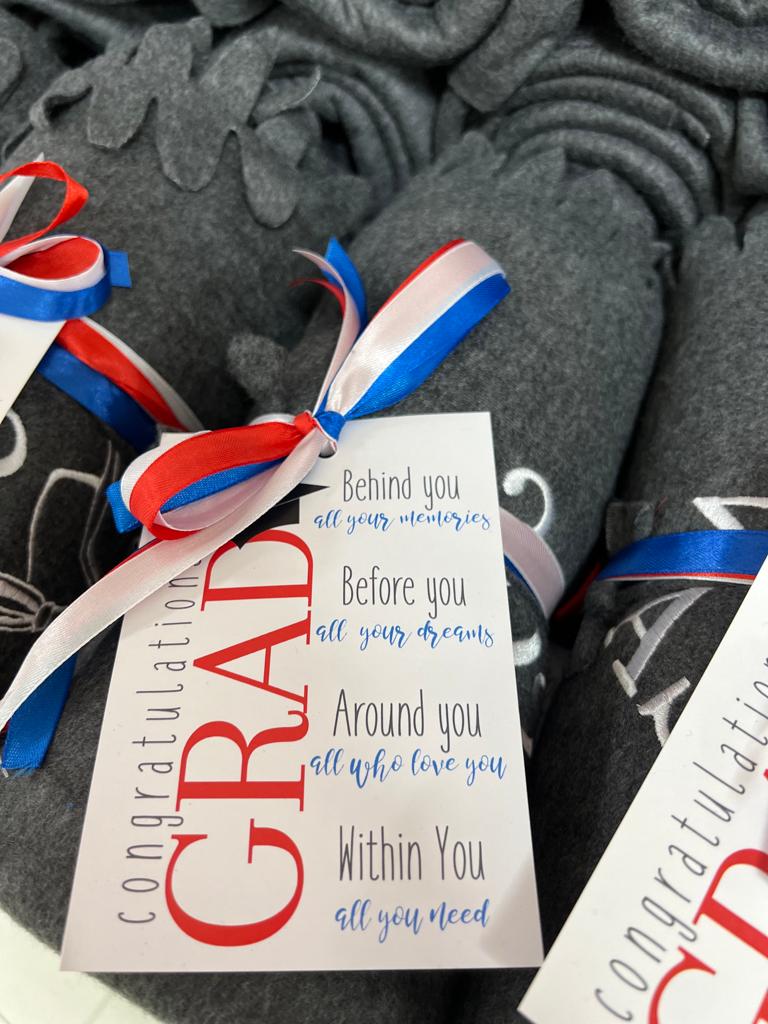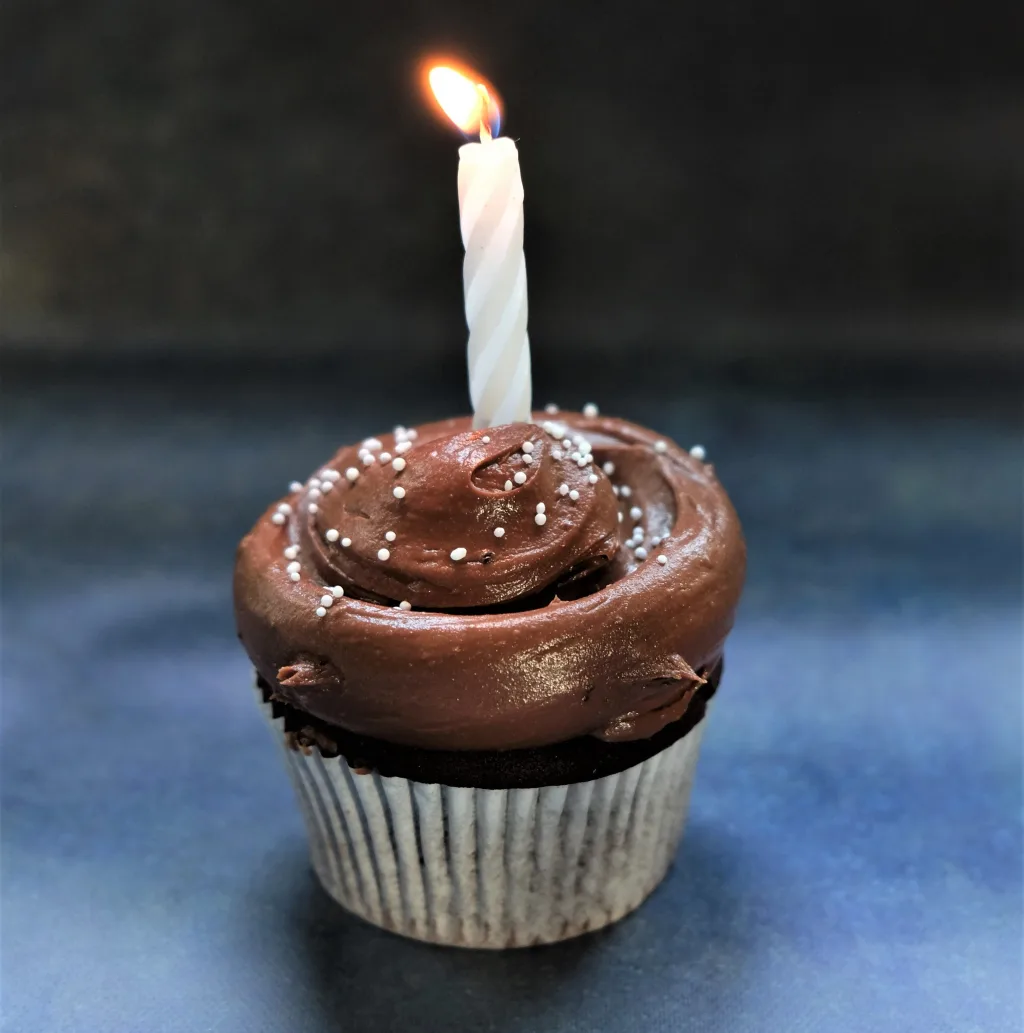
Jane Austen’s Emma which was published over 200 years ago, may not be as popular with readers as ‘Pride and Prejudice’, but it is one, which has the most differentiated opinions about the main character of the book – Emma Woodhouse.
As the book starts, we are given an introduction to Emma, which brilliantly captures the true essence of the character.
Emma Woodhouse, handsome, clever, and rich, with a comfortable home and happy disposition, seemed to unite some of the best blessings of existence; and had lived nearly twenty-one years in the world with very little to distress or vex her.
At this point, one can’t help but wonder, am I supposed to like the main character?
In fact it has been said, that in one of the letters Jane Austen wrote to her niece, she says, ‘I am going to take a heroine, whom no one but myself will much like.’
Plot Summary
The story begins as Emma’s former governess Ms. Taylor is married to Mr. Weston. Emma’s mother passed away a long time ago and she now lives with her father. Both her father and Emma are sad to see the governess leave, but Emma proudly congratulates herself on her perfect matchmaking skills, as she apparently orchestrated the pairing of the Westins.
Emma then befriends Harriet Smith, a young woman of unknown parentage supported by Emma’s friends and neighbors. Emma takes Harriet under her wings and is determined to match her with an upper-class husband, Mr. Elton.
Meanwhile, two newcomers arrive in town. Jane Fairfax, a beautiful young woman, who incite Emma’s jealousy and admiration and Frank Churchill, who seems to be interested in Emma.
Much to the dismay of Emma’s trusted friend John Knightly, Emma forges ahead with her matchmaking talents. The comic and unfortunate misunderstandings that result help to reveal, however clumsily, characters’ true feelings for one another.
Review
Like most of Austen’s novels, the story of Emma, is also a 18th century classic that revolves around themes of social class, marriage, and misconstrued romance.
Marriage and social status are the main elements that are at play in this classic.
Keeping Jane Austen’s beautiful writing aside, whether this book is for you or not, I think depends on whether you will appreciate the character of Emma or not. Though Emma is beautiful and comes from an affluent background, she is also spoiled, vain, and used to getting her way from a young age. She is head strong and has a tendency to plan and meddle in other people’s lives, without thinking of the consequences. In fact, most critics argue she is the least favorite of all the Jane Austen characters.
Though Emma is a difficult character in many ways, she is also realistic, a flawed human, or one who has experienced life from a status of wealth. As the story progresses, and the character develops we see Emma admit fallibility and be more generous and selfless in her ways. Emma is charming, with all her faults, and with a kind heart.
Perhaps reading it the first time, we might get consumed by the Emma’s self righteousness, but be careful not to miss the subtle plot clues and cues. Austen is clever in her writing, and uses satire and wit to create this masterpiece of fiction. She brings to light the socio-economic differences that existed between the classes at that time.
Emma is a protagonist that delights and charms, two centuries on.
“I always deserve the best treatment because I never put up with any other.”
― Emma
Do you yearn for perfection in your characters? Or do you like them real, imperfect and flawed?





I look forward to your comments!